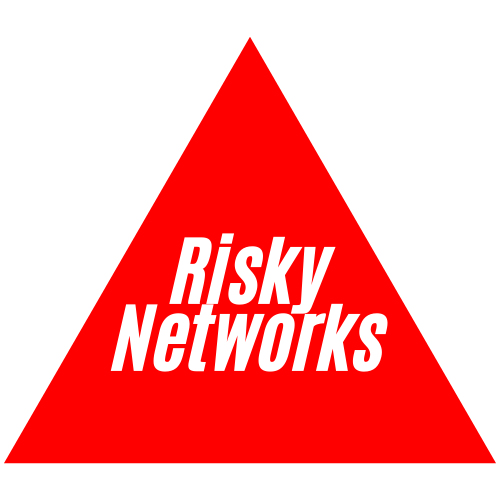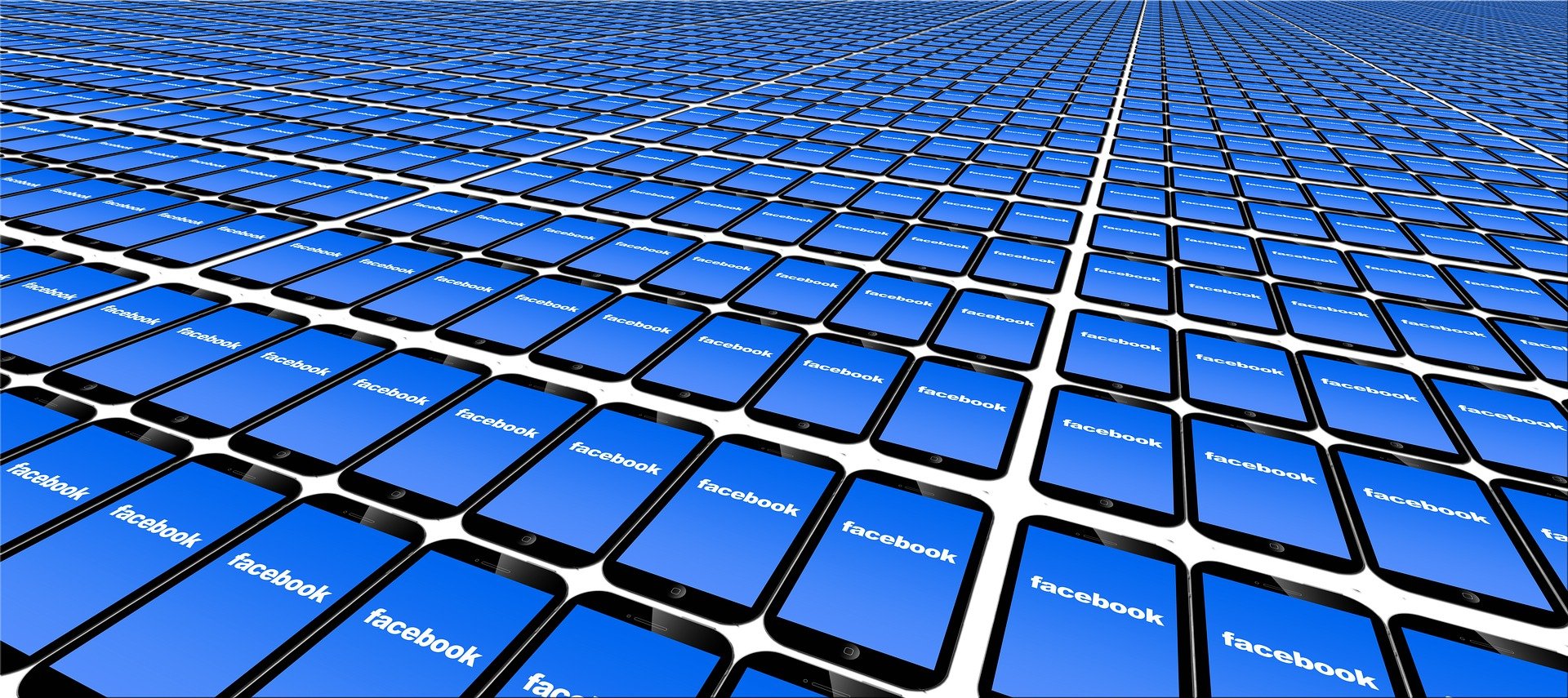Facebook is a giant. It is not only the probably best known social media platform of the world, it is also a corporation that owns services such as WhatsApp or Instagram. Being such an online imperium acting worldwide, Facebook is powerful. And it faces many pitfalls, for example regarding data security, hate speech, different local laws and censorship. In this series, I will examine Facebook’s not always glorious role in development, conflict and crisis around the world.
Black children in slippers are playing, two boys are cycling along a luscious green field, people of all ethnicities have fun together and enjoy their lives, serene piano music is playing in the background and the voice of John F. Kennedy is talking about world peace, connectivity and breathing the same air. The video spot on Youtube resembles many other clips by nonprofit development organizations. But this clip is not produced by a nonprofit. It is produced by one of the world’s most powerful web giants: by Facebook. “Every one of us. #ConnectTheWorld” is one of the videos displayed in the Youtube channel of Internet.org, a Facebook-led initiative. On the website of Internet.org, Facebook and its partners display their noble goals: Internet.org was founded to bring internet to all people, to connect them and to improve their lives by offering online access. But not all projects by internet.org are actually welcomed in the Global South.
Internet.org mainly focuses on three big projects:
- Free Basics by Facebook: An app that allows users in specific countries to use internet services without any data costs. Facebook cooperates with mobile operators for that offer. Users can access websites with content regarding for example news, local information, health, education or employment. And of course, they can access Facebook. According to Facebook, Free Basics is meant to “bring more people online and help improve their lives”.
- Connectivity Lab: A team of engineers who develop technologies to bring internet to remote areas of the world and to make internet access affordable everywhere. The lab’s showcase project is Aquila, a solar powered huge drone which shall connect the world while flying 60.000 feet above it.
- Express Wi-Fi by Facebook: A platform that helps operators to extend Wi-Fi coverage in underserved regions. A team of marketing experts, engineers, product experts and partner specialists works on the goal of “a world where Wi-Fi is everywhere for everyone”.
The visions and projects by Facebook sound good. But there has been substantial criticism, especially on the Free Basics app. It is a bit difficult to orient oneself within the Facebook nomenclature. Free Basics was initially called Internet.org, like the initiative, Internet.org is now actually called Internet.org by Facebook and it is not completely clear, how Facebook Connectivity, a newer initiative containing almost the same elements as Internet.org, differs from the older initiative. The history of renaming and rebranding also shows how Facebook is struggling to get a wider acceptance for the projects. In order to avoid confusion, I will stick on using the term Internet.org for the bigger initiative and Free Basics for the app project within the initiative.
Internet.org experienced its probably worst setback in India, when regulators blocked Free Basics in the country after voices protesting against the app had become louder and louder. But criticism was articulated in many other countries as well. In May 2015, 65 advocacy groups out of 31 countries published an open letter naming the problems of Free Basics. They refer to several points like nomenclature and security. But two concerns are particularly severe:
- Free Basics violates net neutrality: Net neutrality is a warranty that internet providers treat all applications and webpages equally in order to grant people free access to the world wide web. As the advocacy organizations state, “Net neutrality supports freedom of expression and equality of opportunity by enabling people to seek, receive and impart information, and to interact as equals”. According to them and many other critics, Facebook violates that principle by only offering some services within the Free Basics app.
- Free Basics is a threat to privacy: Global voices examined how Facebook collects users’ data within the Free Basics app. The research shows: The company is not just doing good, it is also accessing data about interests, habits or even health topics of people in regions that are underdeveloped in terms of digitalization. Plus, it even reserves the right to share data with third parties in its policies.
There has been a lot of criticism and Mark Zuckerberg defended his projects several times, for example in this video. But besides arguments about legal problems, ethical questions remain. Is it okay to restrict people’s access to the free internet, just because they have less financial resources? Is that really sustainable development work to get them hooked on the internet by giving them access to a few offers only and then forcing them to pay for the rest?
And what does the Free Basics offer do to digitally illiterate societies? Wired published anextensice feature about Facebook’s plan to wire the world. In this text, we can read, what happened to some of those societies:
“Small countries like Myanmar, Sri Lanka, Cambodia, and the Philippines are reporting outbreaks of violence and political strife that local activists blame partly on Facebook. These countries are facing many of the same challenges—hate speech, false information, and political movements that complain of bias that we are confronting in the United States, where Congress recently called Zuckerberg to Washington to testify. But often, the developing world lacks the institutions and government regulators to help educate and protect individuals.”
Maybe, we cannot blame on Free Basics for those developments alone. But it is obvious, that for example in the case of Myanmar the arrival of Facebook encouraged hate speech and at the end even helped to commit a genozide. In my opinion, if Facebook enters a market as aggressively as it does with Free Basics, it has responsibilities. The responsibility to guarantee moderating tools to prevent hate speech and misinformation, also in local languages. And the responsibility to provide education on online issues like data security or privacy.
If Facebook cannot take those responsibilities, Mark Zuckerberg’s calls for internet as a Human Right and assurances that Free Basics wasn’t hurting anyone, remain empty words.


